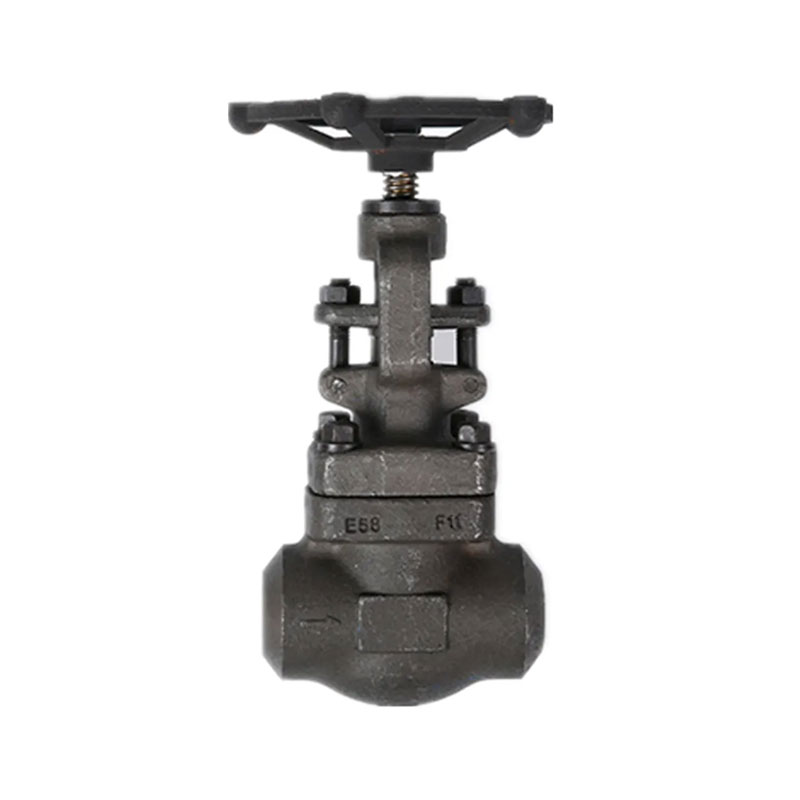What Is a Gate Valve and Where Is It Used?
2025-06-26
In fluid handling systems, choosing the right valve can mean the difference between efficient flow control and costly downtime. One of the most widely used types in industrial and commercial piping is the gate valve. But what is a gate valve, and what makes it suitable for so many applications?
What Is a Gate Valve?
A gate valve is a linear motion valve used to start or stop the flow of liquid. It operates by lifting a gate (or wedge) out of the path of the fluid. Unlike globe valves, gate valves are not designed for throttling; they are best used in fully open or fully closed positions.
How Does It Work?
When the handwheel is turned, the gate inside the valve moves up or down via a threaded stem. In the open position, the gate is completely out of the flow path, allowing unrestricted flow. When closed, the gate sits snugly against the valve seats, blocking the passage of fluid.

Types of Gate Valves
Rising Stem Gate Valve: The stem moves up when opened, providing a visual indication of the valve’s position.
Non-Rising Stem Gate Valve: The stem stays in place while the gate moves internally—ideal for tight spaces.
Knife Gate Valve: Designed for thick or viscous fluids, commonly used in pulp and slurry applications.
Common Materials
Cast iron and ductile iron: For general waterworks and utility service
Bronze or brass: For marine or low-pressure systems
Stainless steel and carbon steel: For chemical processing, oil and gas industries
Where Are Gate Valves Used?
Water and wastewater treatment
Oil and gas pipelines
Power plants and energy facilities
Chemical manufacturing
Building services (HVAC and fire protection)
Conclusion
Gate valves are a reliable and versatile solution for on-off flow control across a wide range of industries. Their simple design, full-bore flow, and wide material options make them a go-to choice for engineers and operators worldwide.


